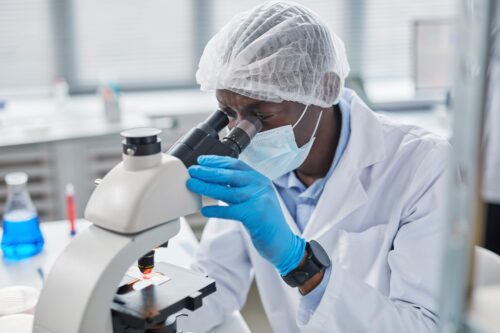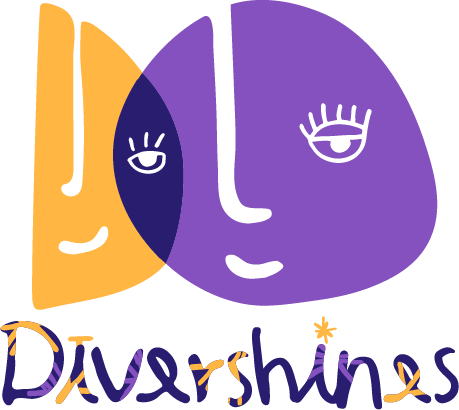Can Autism Be Cured?

Recently, Divershines attended the Autism Congress in Miami. During one of the presentations, we noticed that a common question after receiving a diagnosis is, “Can autism be cured?” Many people ask this while trying to understand the autism spectrum.
Autism is a neurodevelopmental condition that affects communication, behavior, and social interaction. Today, we will explore the myths and realities surrounding the idea of curing autism, its scientific basis, and the most effective ways to support people with autism.
What is Autism?
In our article “What is Autism?”, we explained that the autism spectrum is a neurodevelopmental disorder that appears in childhood and is characterized by difficulties in communication, social interaction, and repetitive or restrictive behavior patterns.

The Myth of a Cure
Old beliefs often promote the idea of a “cure” for autism due to historically incorrect concepts and numerous unproven and even harmful interventions. Autism cannot be cured; it is a condition where a person processes information differently, leading to certain challenges in interaction and communication. It is not a disease or infection that can be “cured” with medication.
Effective Approaches for Autism
Although there is no cure for autism, this doesn’t mean that people on the spectrum cannot improve and progress throughout their lives. Everyone with autism can develop skills and improve their quality of life with the right support and therapies tailored to their individual needs. Evidence-based therapies and interventions, along with customized educational programs and family support, are crucial in addressing the unique needs of each person with autism.

Moving Forward: Acceptance and Support
Acceptance and social inclusion are vital for improving the lives of people with autism. By fostering a supportive and understanding environment, we can provide meaningful help that maximizes potential, shifting the focus from finding a “cure” to promoting valuable awareness and genuine support. In our article “Exploring the Autistic Mind: Myths vs. Realities”, we can break paradigms and false beliefs about the condition.
Every time we ask, “Can autism be cured?” we deeply examine our understanding and approach to the Autism Spectrum (ASD). While science currently confirms that there is no cure for autism, the focus should be on acceptance, support, and effective interventions that improve the quality of life for people with autism. What is confirmed is that through therapies, early interventions, and personalized approaches, we can significantly improve outcomes for those with autism. We must continue to educate ourselves and others, promoting understanding and challenging the myths and misconceptions surrounding autism.
Frequently asqued questions
No, there is currently no cure for autism since it is not a disease. However, there are effective therapies and interventions that can improve the quality of life.
Effective therapies include Applied Behavior Analysis (ABA), speech therapy, and occupational therapy, all tailored to individual needs.
Acceptance is crucial because it fosters an inclusive environment where people with autism can thrive and reach their full potential.
Society can support people with autism by promoting awareness, creating inclusive environments, and providing personalized resources and accommodations.
references
- Centers for Disease Control and Prevention (CDC). (2021). Autism Spectrum Disorder (ASD). Retrieved from CDC Autism
- World Health Organization (WHO). (2021). Autism Spectrum Disorders. Retrieved from WHO Autism
- Autism Society. (2021). About Autism. Retrieved from Autism Society
- National Institute of Mental Health (NIMH). (2021). Autism Spectrum Disorder. Retrieved from NIMH Autism


